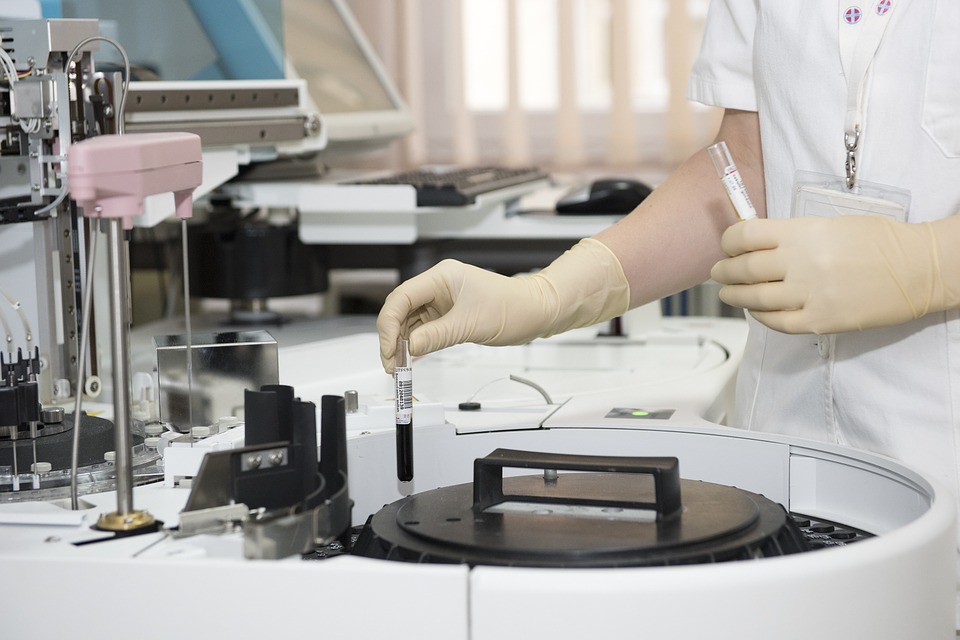Oncology clinical trials are a huge growth area and there is understandably a great deal of interest in treatments for cancer.
New treatment strategies such as immunotherapy and personalized medicine mean that clinical oncology has moved into an exciting stage. Demand for clinical studies is growing all the time, and clinical development is moving apace.
Interestingly, these developments mean that great progress is being made, but there have been some problems along the way. In August this year, reports emerged that the sheer number of oncology clinical trials means that pharmaceutical companies are having trouble finding enough patients to test new treatments on.
The issue has arisen due to the appetite for getting new cancer treatments to market, and the fact that these revolutionary treatment strategies are only effective in select patients. Drug companies want to get proprietary drugs to market so they can profit from their research, but testing them requires lots of patients.
Consider the fact that there are now more than 1,000 clinical studies of immunotherapy underway and it’s not hard to see why patient supply has become a problem. Fortunately, there are companies who can help researchers find the patients that they need.
One such company is INC Research, which boasts a team of experienced oncology specialists such as project managers, medical directors, CRAs and executive leadership. Over the past five years, INC Research has managed 310 studies at 7,278 sites involving 34,106 patients. If anyone can help researchers find the right patients, it’s an experienced company like INC Research.
Drug companies that have worked with INC Research report that there are real benefits, such as time- and cost-savings and real-time data gathering. The team has worked on incredibly complex trials involving investigational therapies like monoclonal antibodies, so they are ready for anything that you can throw at them.
Choosing the right clinical research organization (CRO) can make or break a study. INC Research offers a full spectrum service which handles data management and operational strategy, and the team also has a deep knowledge of the regulations related to Early Phase Oncology.
INC Research offers regulatory intelligence services to biotech companies across the globe, making sure that new treatments will get approved and make it to market. After all, improving available treatment options is the reason why companies choose to invest in cancer clinical trials.
From planning a trial to sourcing patients and collecting data, INC Research is a leader in its field. In an incredibly competitive environment, it is important to work with the best. With a long list of happy clients and glowing testimonials, drug companies can rest assured that their cancer clinical trial is in good hands with INC Research.
Read also:






















